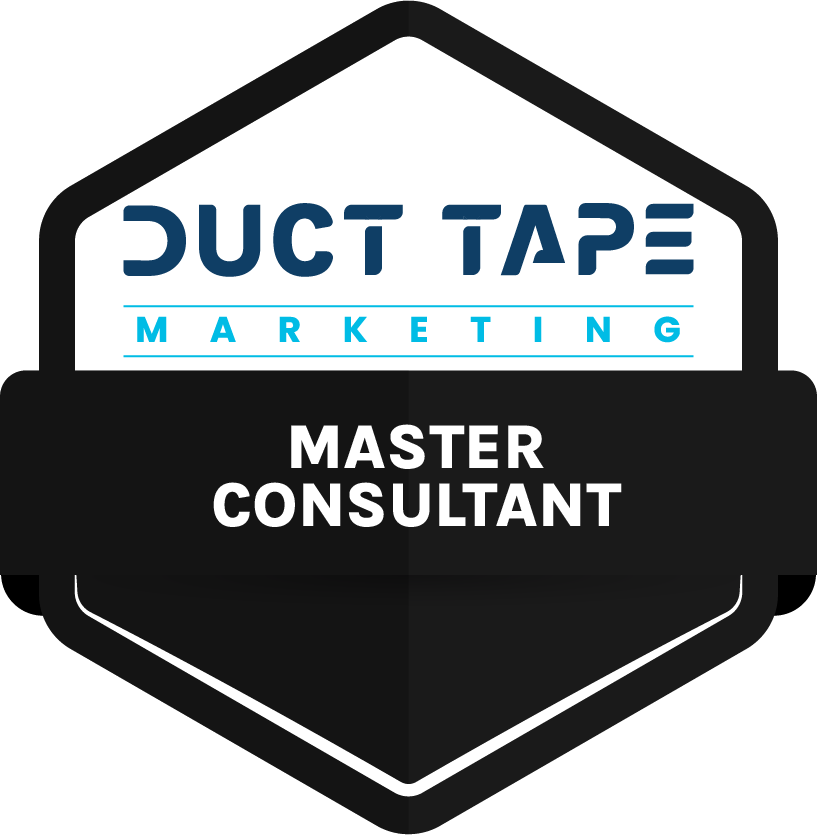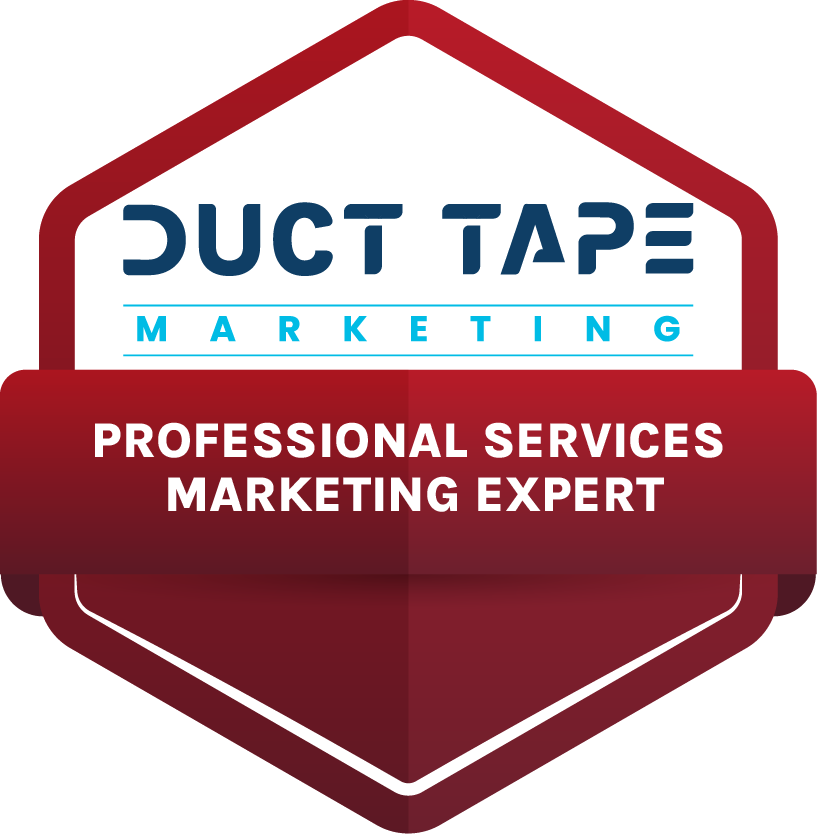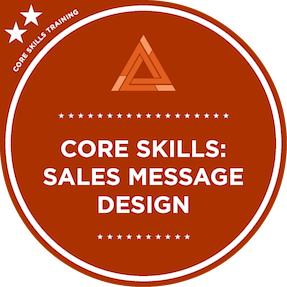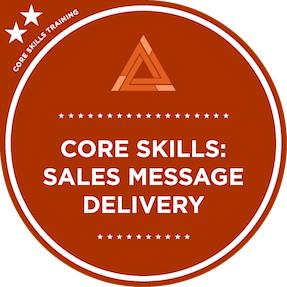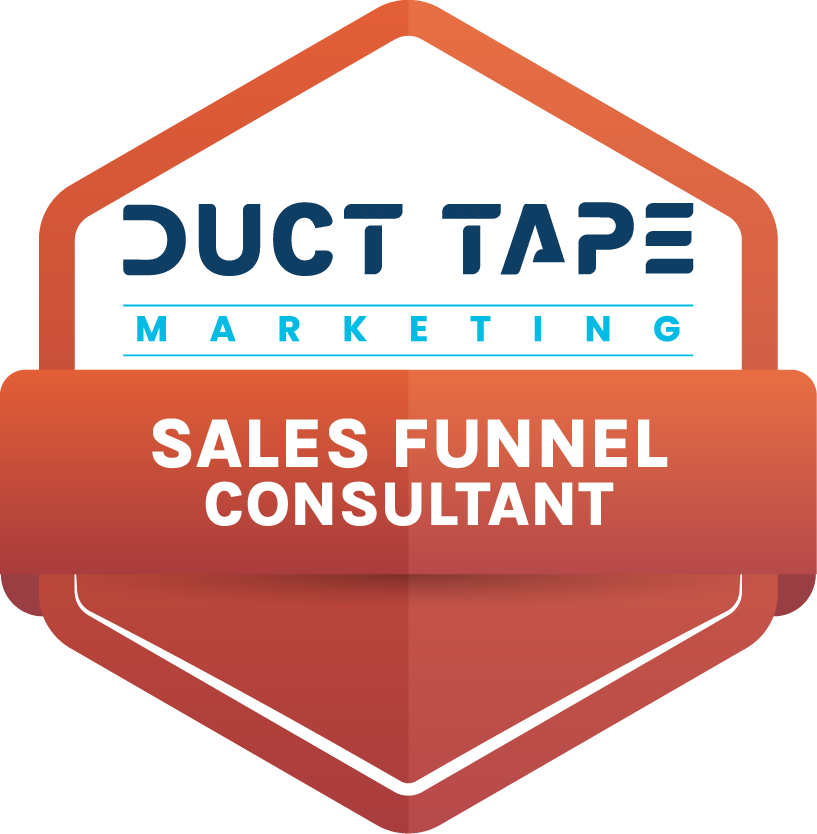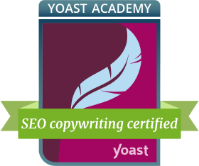A Fractional CMO (Chief Marketing Officer) is an outsourced professional who is engaged by small-to-medium-sized businesses on a part-time (fractional) basis. This person fills the role of a traditional marketing officer, but instead of being on the payroll, is retained on a consultancy basis as an independent contractor.
Don’t let that “fractional” part give you the wrong impression. Instead, pay attention to the “C” as in C-suite. This expert becomes part of the leadership team, offering strategic thinking and coaching about a company’s marketing plan and the marketing campaigns generated from that plan. And unlike other outsourced relationships, this professional is accountable for the marketing campaigns developed and executed on their watch.
Depending on the company’s needs, a Fractional CMO’s responsibilities may include other activities directly related to marketing such as budgeting, team supervision/team management, strategic planning, and brand management.
Another emerging role is the Fractional CMO+ (plus) in which the executive brings in their own team to design and execute marketing campaigns, providing more hands-on tactical assistance to the business.
Want to know more? Read more about what a Fractional CMO does.
Contact us to discuss how engaging our Fractional CMO+ services can enhance your marketing efforts without the expense of a traditional C-suite executive on staff.
Hiring a fractional CMO is a good fit for businesses that require strategic marketing expertise but do not have the budget or need for a full-time CMO. If your business lacks a strategic marketing direction, struggles with marketing execution, or needs an experienced marketing leader to guide your team, a fractional CMO could be a valuable addition to your organization.
Other scenarios for hiring a fractional CMO are:
- Your chief marketing officer or marketing director has left your company and you are not yet ready to hire anew.
- Your organization needs high-level marketing know-how but cannot afford to pay an agency or a full-time chief marketing officer.
- The company does not need a full-time, 40-hour-a-week marketing professional on the team
Strategic CMO leadership at a fraction of the cost
With a fractional CMO, you will pay less than engaging a marketing agency or having a CMO on the payroll. You’ll get all the benefits of an experienced marketing executive who provides strategic guidance and execution at less cost.
See if these benefits of hiring a fractional CMO make sense for your business:
- Expertise. Fractional CMOs often come with a wealth of marketing experience and knowledge that they can apply to your business.
- Cost-Effectiveness. You get the benefits of a full-time CMO without the cost of a full-time salary, benefits, and other associated costs. The money you save can then be deployed on campaign spend.
- Flexibility. Fractional CMOs work on a part-time or contract basis, allowing businesses to adjust the level of service as needed.
- Strategic Focus. Fractional CMOs help businesses develop and execute strategic marketing plans to drive growth and profitability.
If you’re wondering how our fractional CMO services fit into your business plan, let’s talk!
FAQ Answer: A marketing consultant provides a holistic view of a company’s marketing efforts. This professional is a neutral third party who guides strategy and the tactics that will meet marketing objectives and sales goals.
Behind every engagement with a marketing consultant, a business should expect strategic thinking around how to best reach and attract the target audience. This may be around the launch of a product or service, a plan to build greater brand awareness, activities to generate consumer interest and ultimately drive sales.
Marketing activities in which a consultant may help your team include digital, print and video communications, determining best channels for reaching target consumers, and how to measure campaign success.
FAQ Answer: Perhaps you have a marketing manager at your organization, or a small marketing department, so you are thinking you don’t need an outsourced marketing consultant. But a marketing consultant can:
- Be the single point of contact for multiple vendors associated with your marketing activities
- Review your marketing plan to make sure it aligns with your goals and will reach your target audience
- Review your core message—or help craft it—to ensure it speaks your ideal customer’s needs
- Research digital channels that deliver the best ROI for your business
- Help your team deploy your marketing strategy systematically
- Assist with metrics and recommend course corrections as needed
Be a valuable “ear” and resource for your marketing manager – discover and share new marketing opportunities, expand your capabilities through a network of other marketing communications service providers.
FAQ Answer: Marketing strategy is the unique road map a business uses to reach its prospects and convert them into customers. It is a long-term plan based on several components; those components will inform the specific marketing tactics to take to achieve short-term objectives and long-term marketing goals.
A complete marketing strategy comprises the company’s value proposition (the “what’s in it for them”). It lays out the brand promise and lays the foundation for the core brand messaging.
The strategy also identifies the target consumer for the product or service, with relevant demographics. It sets the direction for all your marketing activities (the marketing plan) as well as goals, and keeps marketing campaigns on track. It can also help direct product or service development since your team will have insights into your target consumer and the buyers journey unique to your business.
FAQ Answer: Digital marketing is a broad term and at the core of what most businesses need today to promote their products and services. Simply put, it’s the multi-channel collection of marketing activities deployed to reach consumers online, in their inboxes or devices.
- Email marketing is the “old-timer” of digital marketing. Email marketing enables you to personalize your message and have it delivered to highly specific databases. You can share business announcements, provide special offers to prospects or existing customers, and maintain a connection with recipients who’ve opted in to receive your news.
- Search engine marketing, also known as pay-per-click (PPC) – this is paid search that drives traffic to your website or a promotional landing page. It shows up in several ways: as featured sites/ads at the top or side of the search engine results pages, as ads that pop up while watching online videos, and ads in mobile apps.
- Search engine optimization (SEO) – there are many elements that go into website SEO, both “on the page” of a website and behind the digital curtain. SEO relies on quality content as well as quantity.The ground rules and algorithms that dictate how websites show up to online users are always evolving; working with a marketing consultant that stays abreast of the latest SEO principles. is vital to your digital marketing. Keywords and search terms, meta data, written content that is relevant to the search, and link structure are part of this vital aspect of getting your website found in organic search.
- Social media marketing (SMM) – remember that core messaging and your brand promise? These can shine on social platforms when posts are aligned with your marketing strategy. Social media marketing provides opportunities for consumer connection, interaction, harvesting loads of customer data—and amplifying your brand messaging.Posting content that earns interaction with likes, shares and comments also allows marketing consultants to pull valuable analytics about how certain posts are performing, which informs and influences future social media marketing efforts. Social platforms are another channel on which to share company news, publication of a new blog article or expert byline piece, or promote a white paper or study. As with email marketing, you can be highly targeted regarding who sees your posts on social networks.SMM can be used to drive traffic to a website, increase sales with special offers, build brand awareness among prospective customers and generate positive brand sentiment. In addition to native content, SMM also includes paid social media posts (sponsored content) such as ads and promoted video.
- Content marketing – the digital content well runs deep, enabling you to tell your brand’s story through relevant content that “speaks” to your consumers. Content marketing is about inviting consumers to get to know your brand. It’s not pushing material out; rather, it is a tactic to draw consumers in. You’re not throwing a sales pitch at prospects; rather, you are informing, educating, or helping them.There are numerous ways for you to share information and expertise online, and become a valuable resource for your audience. These are:
- blog articles
- byline articles on trade sites
- podcasts
- webinars
- online video (such as tutorials and product demonstrations)
- white papers and case studies
- e-books
- Mobile marketing – smartphones and tablets are ubiquitous, fueling the growth of mobile marketing. Mobile marketing requires strategic, highly targeted messaging and deployment to be successful. Tactics include text messaging, mobile search ads, automated voice marketing, QR codes, and location-based or event-specific geofencing. Marketing channels include websites, mobile apps, and online gaming.Augmented reality (AR) continues to evolve and can provide amazing customer experiences with various products (“try on” the eyeglasses, shoes, or outfit before buying, for example).
- Marketing analytics – digital marketing is trackable and measurable. There are multiple tools for tracking various metrics of an online marketing campaign, website performance, social media advertising, social post performance, downloads from a landing page, and more.Analytics is all about gathering data that guides your marketing decisions and direction. You can set your marketing analytics dashboard to measure various KPIs (key performance indicators). You’ll gain visibility into product performance, consumer trends and preferences, how well your messaging is resonating with your ideal customers, and more. In turn, the data you collect and interpret will help drive greater ROI from your digital marketing campaigns.
- Affiliate marketing – also knowns as influencer marketing, affiliate marketing is another digital marketing tool to connect consumers and organizations.Affiliate marketing is a collaborative marketing tactic that uses third-party industry experts and social media influencers—people with online and social clout—to promote a brand, product, or service. The influencers /affiliates engage their followers/audience with social media posts, blogs, or videos about your company to generate new leads. YouTube, TikTok, and Instagram
FAQ Answer: A website is usually the central hub in the digital marketing wheel—and is often the first place prospects go to research your organization. While a business or nonprofit website also serves as an online brochure with information about your products or services, it is also where you are telling your brand story. A well-designed, well-written website is:
- the online public face of your business
- where conversions happen—where leads become inquiries or sales because visitors see that you can meet their needs
- conveys your brand promise and showcases unique selling points
- where consumers read success stories that fulfill your mission, access related resources, and download helpful content
- the portal for contacting your team
FAQ Answer: A company’s ideal customer can be more than one customer persona, depending on the product or service being marketed. Researching and identifying your ideal customer in advance will guide your marketing strategy and subsequent marketing plan(s).
The word “ideal” conveys who you’d love to have buying from you. They are the people who need what you’re offering because they are the audience for whom you’ve created what you sell. They are the consumers most likely to become repeat buyers and brand fans.
Elements of the ideal customer include audience demographics (which could include age, gender, education level, income level, or occupation) and psychographics (values, beliefs, lifestyle, and interests). How and where people make buying decisions, what they think about your brand or offering, and their professional or personal challenges you solve also factor into identifying your ideal customer(s).
FAQ Answer: Consumers have ample opportunities to research and consider options before making a purchase. In marketing, we talk about the seven steps in the customer journey: know, like, trust, try, buy, repeat, and refer.
Planning out your marketing as if every individual follows all seven steps (which doesn’t always happen) is likely to generate more leads and a higher rate of conversions. Omnichannel marketing makes it easy to execute this.
Getting prospects to know about your company, what you stand for, and how you operate is the first handshake. They may stumble upon your website while doing an online search, or see your social media posts or an ad somewhere.
They may decide to sign up for your email newsletter or watch your videos to learn more. Brand trust develops as they read testimonials, online reviews, or case studies that prove your value. This is the “like” stage.
Prospects move to “try” by taking advantage of a special offer or a demonstration (“demo”) of your product or service. From there, they become buyers and when satisfied that your business has delivered the goods, they become repeat customers and are likely to refer you to others in their circle.
Advantage Marketing is based in Westfield, NJ and typically serves the Northern and Central New Jersey regions, as well as the tristate Metro area. We also serve client across the country and world remotely. Check out the Areas We Serve page for more information.
Yes! Advantage Marketing offers Trade Show Management Services that can save you hassle while maximizing your time spent connecting with new customers and partners.
Check out our free Trade Show Marketing Guide to learn how you can use trade shows to get known in your field and make meaningful connections to new clients and business partners.
Absolutely! When used properly, AI can boost your efficiency when writing business and marketing communications. Take a look at our AI Prompts for Productivity Tip Sheet to learn how you can use AI to unlock your business’s potential.
Sign up for our free newsletter, Magnetic Marketing Tips, to receive free marketing insights that will allow you to communicate the value of your brand, attract prospective customers, and more!
Wouldn’t You Love to Attract More Customers to Your Business?
Sign up to receive Magnetic Marketing Tips every two weeks.

